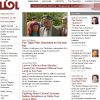
Around the Bloc: Poland’s Tusk Takes Over Top EU Post, Moldova’s Pro-West Alliance Likely to Retain Power
Plus, the pope urges Turkey to open doors to Armenia, and a new Russian convoy enters eastern Ukraine.
More...We kindly inform you that, as long as the subject affiliation of our 300.000+ articles is in progress, you might get unsufficient or no results on your third level or second level search. In this case, please broaden your search criteria.

Plus, the pope urges Turkey to open doors to Armenia, and a new Russian convoy enters eastern Ukraine.
More...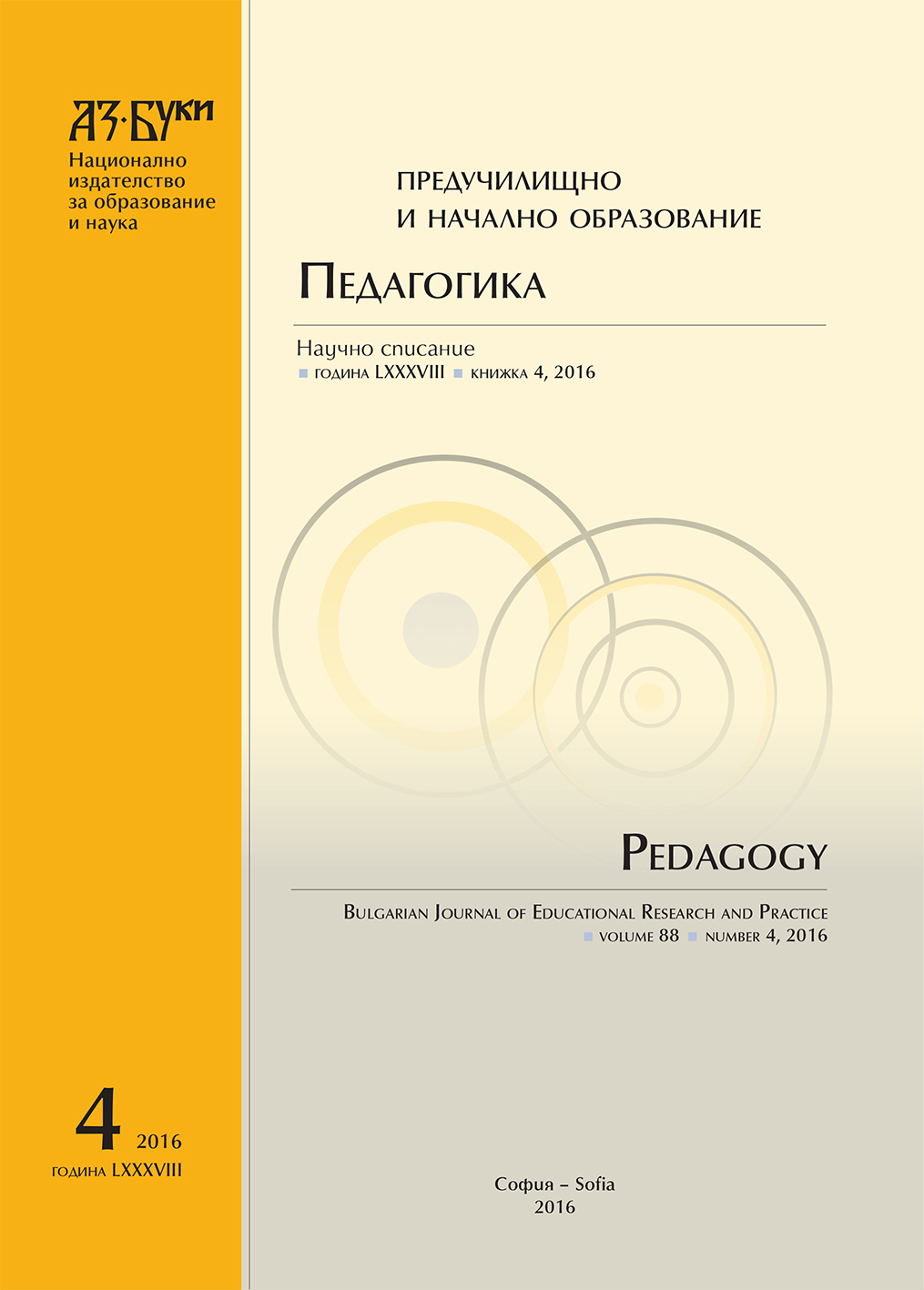
The article concerns the human rights of children belonging to ethnic, linguistic and religious minority. The children from “Nezabravka” affiliate in Tri Kladentsi village form multi-ethnic group (Bulgarians and Roma). The beauty of the differences in language, religion and holidays might be felt if only there is a tolerance between the various ethnic groups. Traditions established in “Nezabravka” affiliate help educating the children in a multicultural environment. This is a place where children from various ethnic groups have the opportunity to discover and develop their potential and to live in friendly environment knowing their rights and protecting their own identity. In the article different traditions and customs, which help acquiring and understanding of moral values and virtues are described.
More...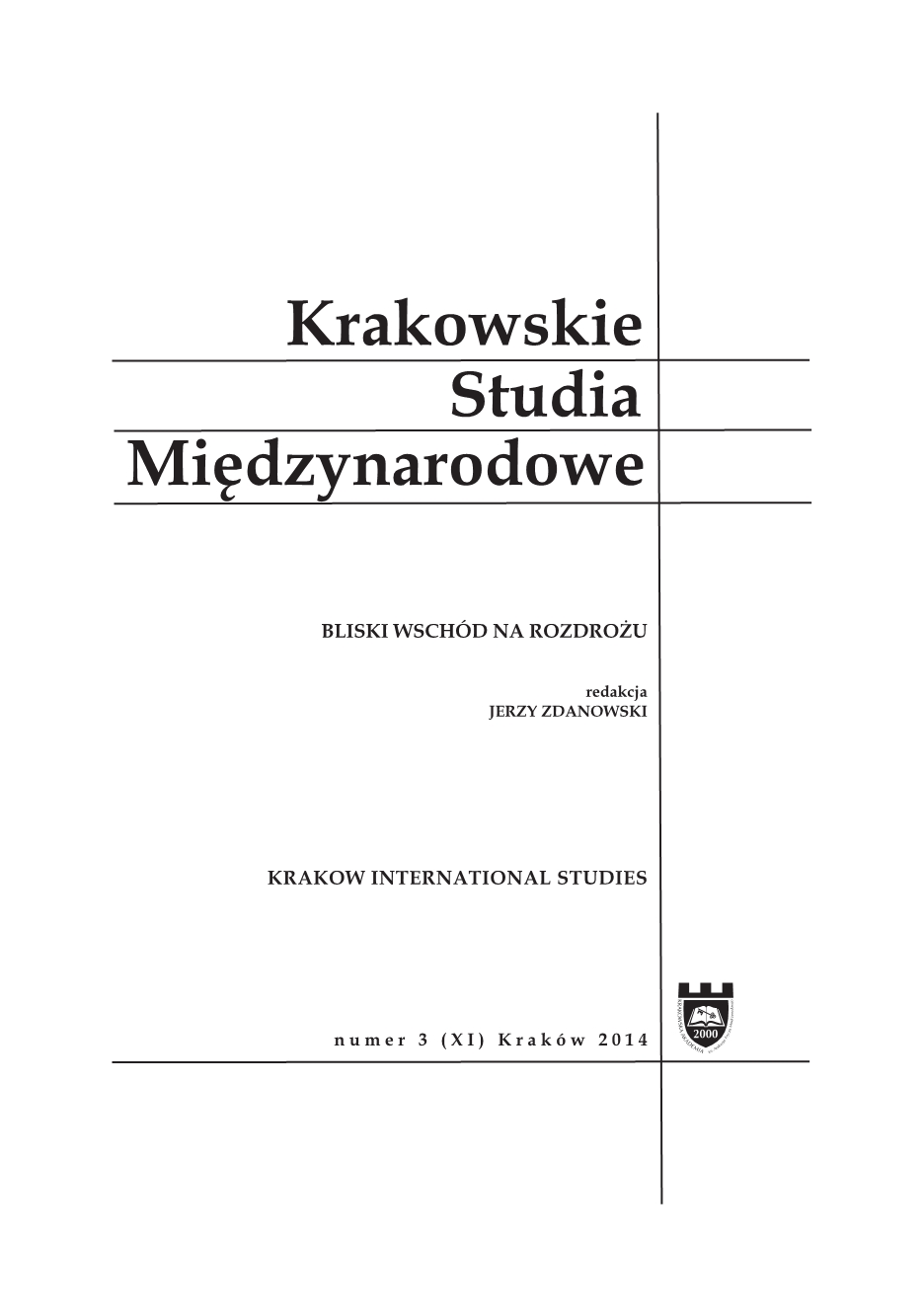
The article is an analysis of the impact of geopolitical changes and crises in the Middle East to the unity and stability of Lebanon in the XXI century. Disintegration of Lebanon is the result of the confrontation of conflicting interests of the Shiites and Sunnis after 2005, which overlap with the lines of divisions and regional tensions. The origin causes of the crisis in Lebanon are: weak consensus concluded in al-Ta’if in 1989 and the internationalization of ethnic confl ict in Lebanon. The factors above and geopolitical conditions linked country with four regional crises, and from their solutions depends the unity and stability of the Lebanese state in the future. These are: civil war in Syria, struggle of domination between Saudi Arabia and Iran, the problem of jihadists of Islamic State, and the Arab-Israeli conflict.
More...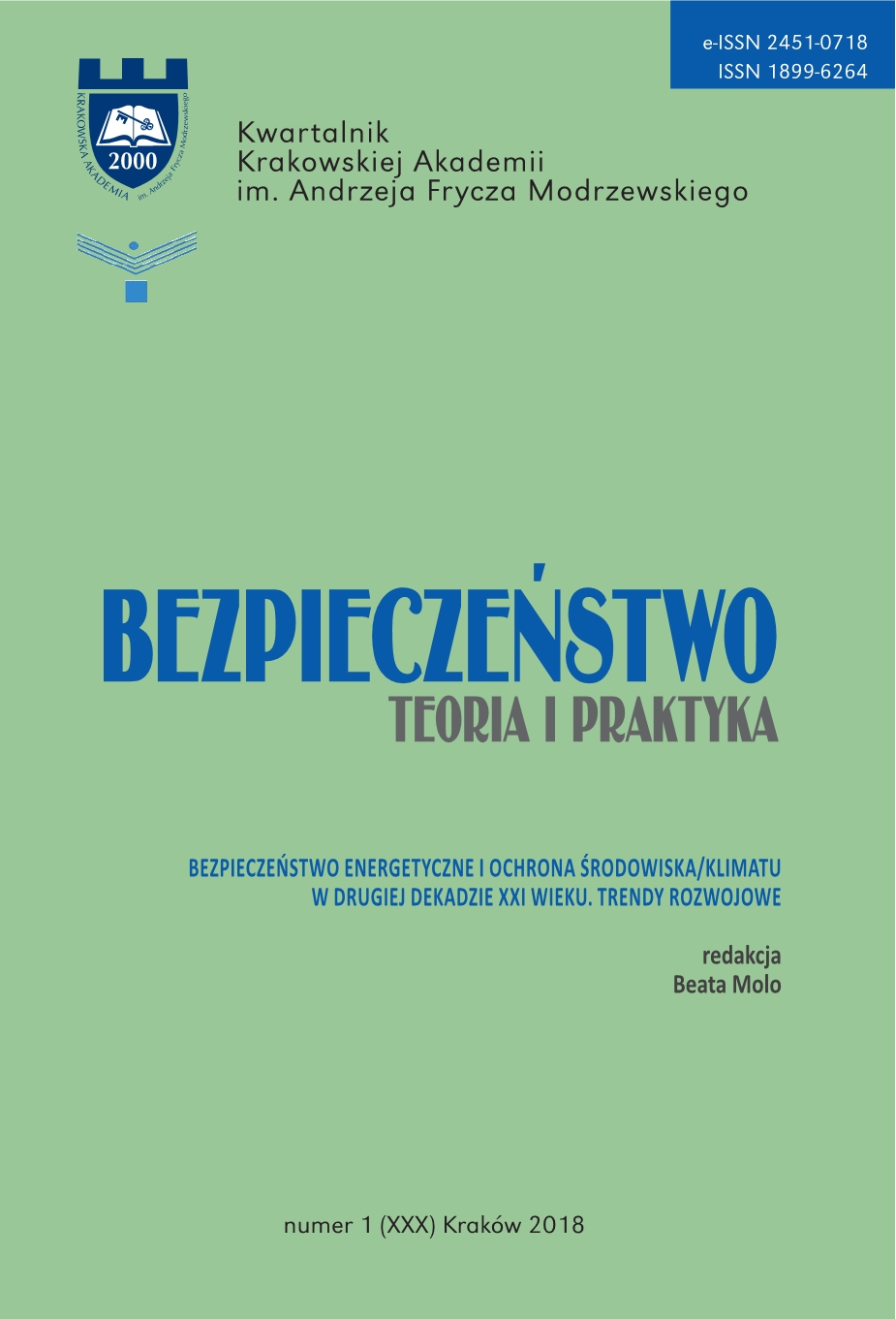
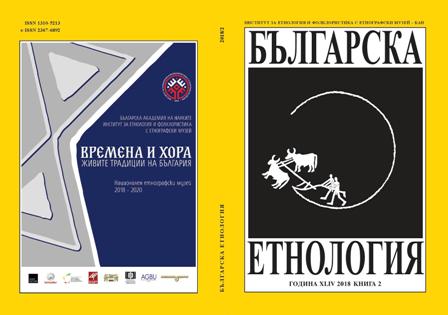


The aim of this article is to scrutinise the problem of alienation and dislocation in the context of homeliness and norm in the United States after World War II in Patricia Highsmith’s (1921-1955) Strangers on a Train and The Talented Mr Ripley. The author examines normality and oddity with respect to the main characters’ home environment and their relations with other protagonists. The emphasis is placed on the analysis of Charles Anthony Bruno from Strangers on a Train (1950) and Tom Ripley from The Talented Mr. Ripley (1955), psychopaths and killers, depicted as unfulfilled artists, marginalized by their community, mostly due to their homosexual inclinations and extravagant behaviour. The author of the article is going to show how Highsmith’s protagonists, being homosexuals and strangers, are exposed to the suspicious examination of an orthodox society that hounds them. As a lesbian, the writer was imbued with a feeling of social non-conformity and her status as an American living in Europe also marginalized her, making her as much of an outsider in her chosen home as she had been in her country of birth (Fort Worth, Texas). The author of this article is going to prove how Patricia Highsmith’s living in deeply conservative American society affected her depiction of fictional homes and the creation of the characters who operate outside the norm and live on the fringe of society.
More...
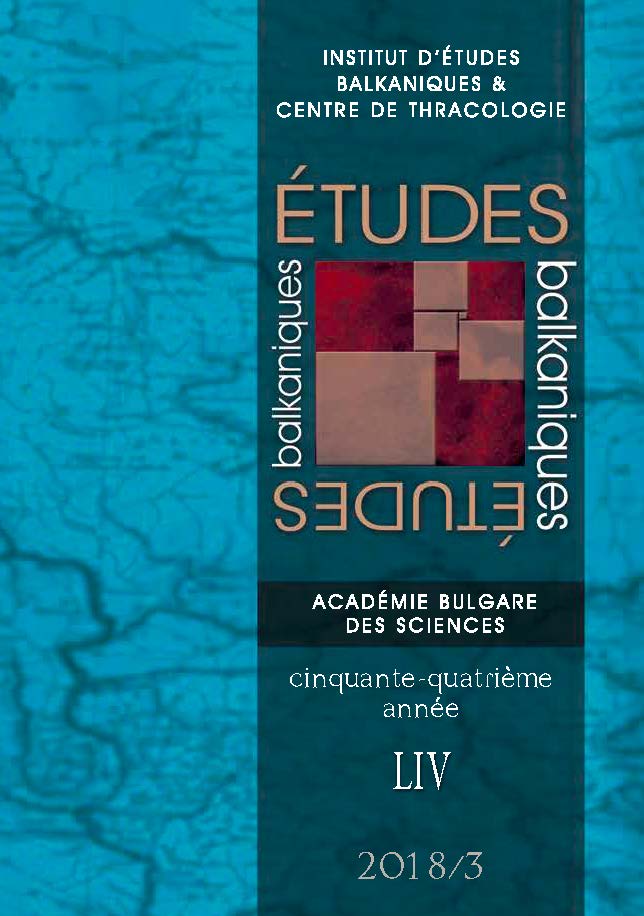
The article describes the establishing of the first circle of Kabbalists in Salonica by two scholars who later laid the foundations of The Golden Age of Safed: R. Joseph Karo, whose Shulchan Aruch became the authoritative codification of Jewish law; and his companion, kabbalist and poet R. Solomon Halevi Elkabetz. While performing a mystical ceremony on the nights of Shevuot (Pentecost) of 1533, a prophetic voice was heard through R. J. Karo’s throat and mouth. The voice urged the companions to ascend immediately to the Land of Israel in order to redeem the Assembly of Israel and be redeemed from exile.Special weight is given to the messianic enthusiasm of the circle, and to their interpretation of the triumphs of Sultan Suleiman the Magnificent over the Christian coalition led by Emperor Charles V as an omen to the fall of the satanic realm of “Edom” and as an encouraging step towards redemption.
More...
Scholars have relied upon diverse methodologies and sources to produce a new corpus of studies about Salonica’s Jews that explores the impact of the end of the Ottoman Empire and the consolidation of the Greek nation-state. Much of the newer scholarship, however, reinforces the perception that Salonica’s Jews experienced a period of “decline” after the city’s incorporation into the Greek state (1912 – 1913) that culminated in their deportation to Auschwitz (1943). This study investigates why such a lachrymose and teleological interpretation of Salonican Jewish history persists today. By reference to new sources and a different interpretive lens, this article also challenges conventional wisdom concerning key turning points in the narrative of the city’s Jews: a major fire (1917), a compulsory Sunday closing law (1924), and the first major act of anti-Jewish violence (1931). The article thus offers a new approach to assessing the encounters between the multiplicities of Jews in Salonica and the Greek state.
More...
Bouena Sarfatty was born in Salonika in 1916 to a Sephardi family. After World War II, she memorialized her birthplace by composing hundreds of Ladino verses (coplas) about Jewish life in the twentieth century. Her phenomenal memory and personal insights provide a poetic mirror that reflects the multi-cultural environment which she experienced personally. The poems appearing below reflect her thoughts about the process of modernization, whether of language, education, dress or mentalité. European influences created a cosmopolitan city that clearly affected Jewish life. The changes that transpired following the devastating fire of 1917 often harmed the development of this community that had been so vibrant and essential for centuries. Be that as it may, the poems written by this native Salonikan present a unique glimpse into the mindset and experiences of multilingual Jews attempting to adapt to the twentieth century and life in a multi-cultural city.
More...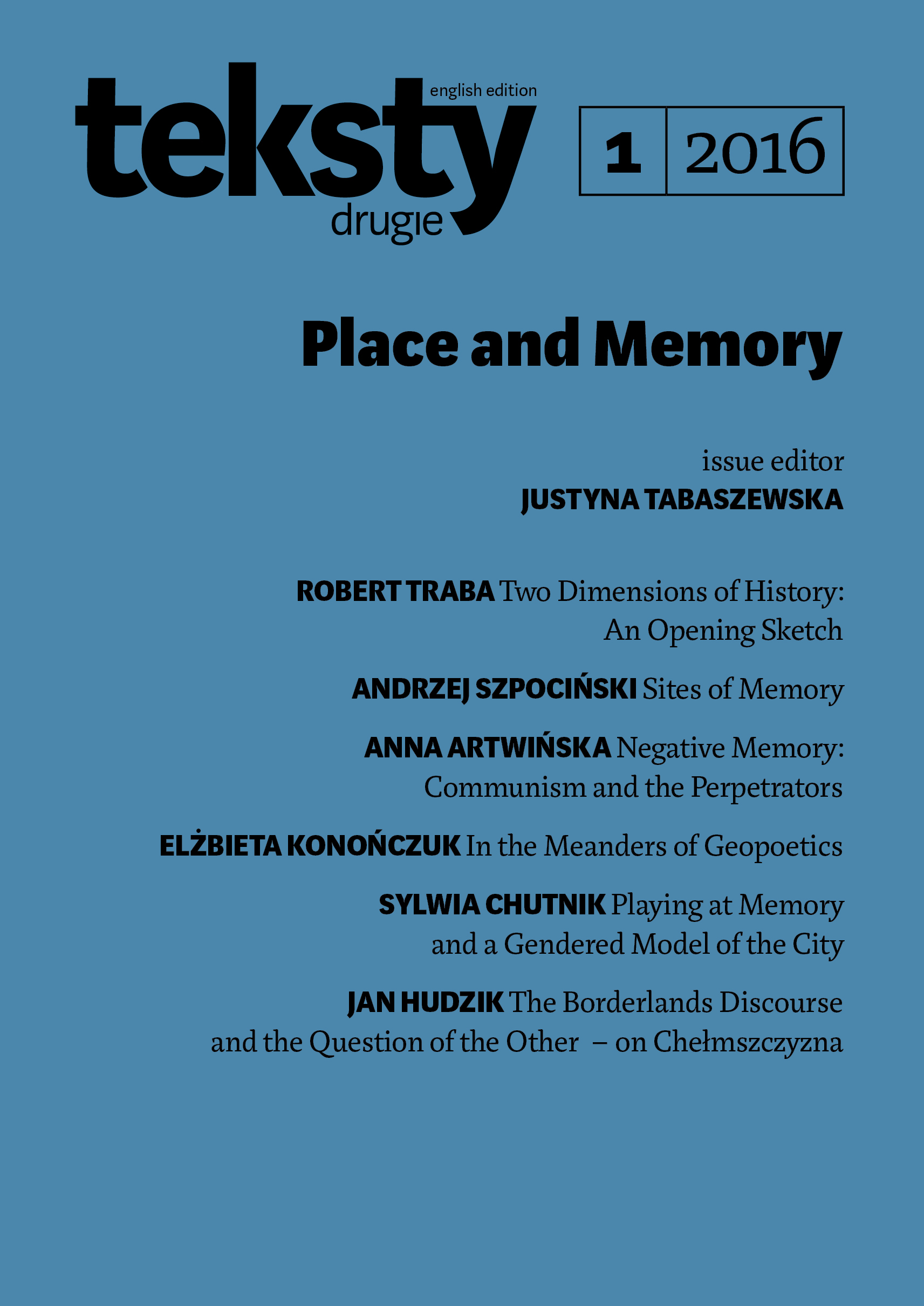
This article tackles the problem of how we understand the Other – a problem related to the dichotomy of ‘us vs. them’ in divided communities. Nycz identifies two dominant positions in this area: the Eurocentric position, which corresponds to European and North American anthropology’s universalist approach, and multiculturalism, which recognizes the equality of cultural variants. Both perspectives, Nycz argues, have reached an impasse: the first because by has appropriated the debate and attained a dominant position over the Other, and the second because it tends to stifle theoretical conflict, which risks weakening its ethical engagement. Nycz postulates a different approach. The ability to see individuals and the community (culture) from the perspective of the Other (a perspective that may be internalized or external) is posited as an inherent element of critical self-knowledge. Bakhtin’s notion of ‘outsidedness’ or ‘exotopy’ (vnenakhodimost) represents for Nycz a solid foundation to develop a universal category of historical cultural anthropology.
More...
This article concerns the literature of “minor homelands” representing the territories that were included within Poland’s post-1945 borders. Preoccupied with a search of Otherness and with the concept of a multicultural borderland, this literature rose to popularity in the 1990s. Writers associated with it drew on the poetics elaborated in the context of Poland’s so-called borderland literature [literature kresowa] to rediscover traces of German culture that had been erased during the People’s Republic. By drawing on the poetics of retrospective utopia, however, this literature marginalizes the fundamental problem of forced migration. Siewior describes the strategies of masking that ‘migratory gap,’ i.e. the aestheticizing transfers of older (borderland) traditions, the return to the grandparents’ experience, or the reconstruction of the perspective of the Other. These narrative strategies suggest that this literature is unwittingly entangled in dominant discourses of identity and memory – discourses rooted in nostalgic postwar borderland literature.
More...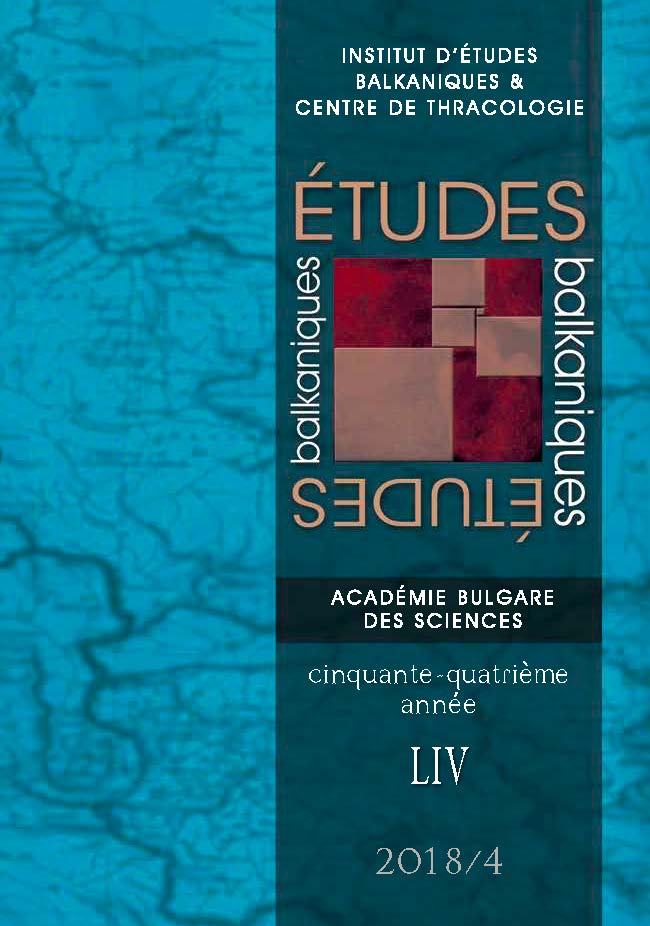
The collapse of communism in Romania in 1989 has left its imprint also on the minority policies. The article tries to outline the factors that influenced the minority policies of the Romanian governments and their development over the past quarter of a century, while laying a major focus on education and the use of the mother tongue. The Romanian legislation in these fields in the post-communist period gives good grounds to conclude that there has been a considerable progress towards the extension of minority rights. A major role for that has played the need to harmonize the Romanian legislation with the European rules and directives. A significant factor for the change was also the active policy of the UDMR, which firmly defended the rights of the Hungarian minority. At the same time, it should be noted that while making numerous concessions, the Romanian government had made it clear that these concessions could only be made within certain limits.
More...
For more than two centuries the Albanian factor in Macedonia has been an objective and dynamically changing reality. It has manifested itself as an ethnic, demographic, socio-economic factor during the Ottoman rule and in Unitarian Yugoslavia; as an ethnic minority, political and constitutional crisis – at the time of SFR Yugoslavia; ten years after the establishment of independent Republic of Macedonia, since the beginning of 2001, the Albanian factor has turned into a major problem for the existence and sovereignty of the country.
More...
On 1 July 2013 Croatia became part of the European Union, but that happened nine years after Slovenia. The Croatian nationalism, flourishing in the 1990s was hostile to the very idea of united Europe. In 1991 – 1992 when a great part of the Croatian territory was under Serbian control, the Western countries supported and recognized the new state. But this positive image quickly changed after its participation in the war in Bosnia and Herzegovina, and especially after the military operation “Storm” in 1995, when around 300,000 Serbs were forced to leave the country. As a result, European politicians did not invite Croatia in 1997 to start negotiations for accession to the EU. In late 1990s the country was in complete international isolation. Tudjman was against every initiative for regional or European cooperation. Building its own independent state Croats were very suspicious to all mega-national projects and initiatives.
More...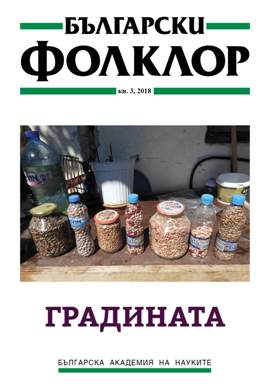
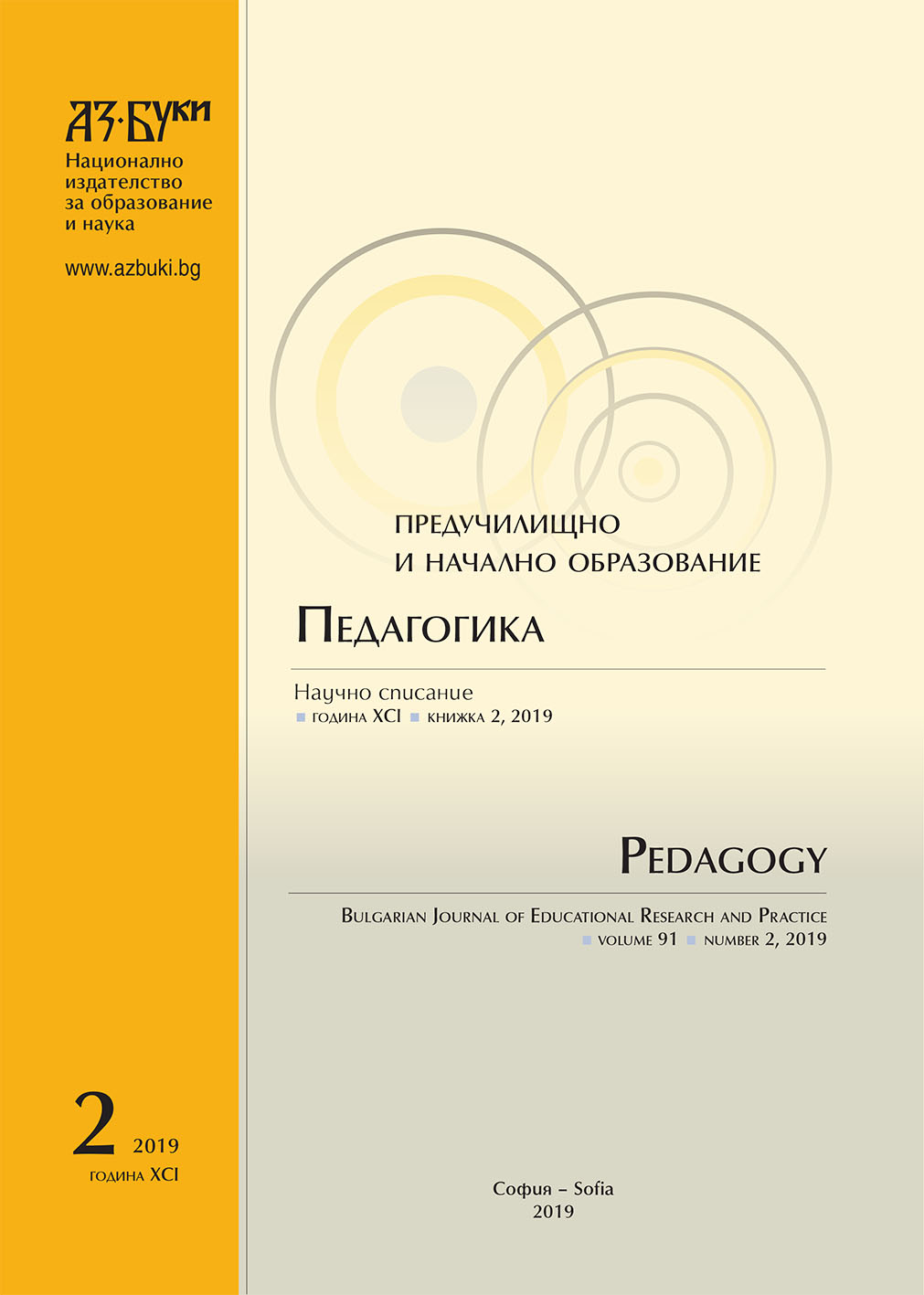
Immigration experience is a multifaceted phenomenon that presents unique opportunities for combining academic and community-engaged learning in meaningful ways. The present study focuses on the student learning outcomes of a community-based project that was part of the academic curriculum in a large public university in the USA. The research objective of the project was to provide students enrolled in an elective course with the necessary analytical tools for separating the myths from the realities of the immigration experience as seen in works of various genres and experienced in volunteer work for one of the local immigrant and refugee centers. The pedagogical objectives were informed by Jack Mezirow’s transformative learning theory and models of community-engaged learning. The data for the study were obtained from students’ oral presentations and various written assignments (reports, short reflection papers, and a final paper), in which students analyzed works of fiction, films, and theoretical studies of immigrant languages and cultures. The assessment of students’ academic and volunteer work at the end of the semester showed that the students were able to recognize and articulate the complexity and diversity of the immigration experience, to identify and use various strategies in cross-cultural communication, and to formulate long-term goals for active social involvement.
More...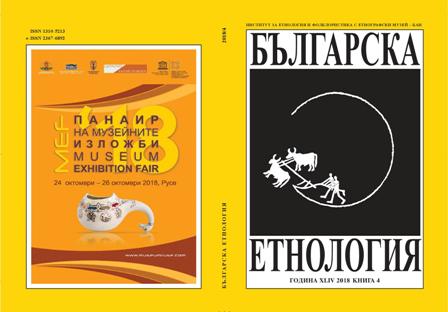
The proposed paper is an attempt to examine and discuss the relation between social interactions, festivity, and food in the beginning of twenty-first-century Bulgaria. Topics of interest are the specific forms of public space and the participation during two types of events: the festivals of individual towns and the political kurbans. The article examines the extent to which the communal celebrations have “enter[ed] the service of economic and political propaganda” (Habermas). Both types of events are organized “from the top” – they are planned, financed and practically performed by people who possess political power. Furthermore, they both include certain forms of distribution of free food; thus, the author comes to the conclusion that the consumption of offered food and drinks binds the participating individuals in a somatic and emotional mutual experiencing the celebration. Commensality is a form of participation, which by definition is voluntary and unarticulated inclusion. The citizens are a quiet audience (public, n. in Bulgarian) of the activities presented on stage but enthusiastic participants in the shared meals.
More...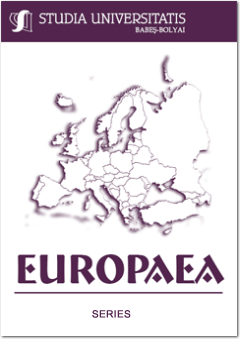
This study aims to work the concept of “political crisis” using interdisciplinary tools. It is based on a case study, the crisis of the September 11 attacks, analyzed according to two complementary approaches. First, the breakdown of the sequences of this crisis makes it possible to identify the development of the intensity of the phenomenon over time, and its phases, in order to observe the behavior of the different types of actors involved in the crisis. Then, we have to study the dynamic “morphology” that shapes the deployment of the crisis, from the point of view of the aggressor but also from the target, using René Thom’s Catastrophe Theory. This accounts for the internal functioning of these actors, and also, shows crisis management opportunities for the target of these attacks. The purpose of this work is to put forward the relevance of interdisciplinarity to think political crises, and to put interdisciplinarity into practice in order to improve the knowledge of a phenomenon in a specific field (political crisis), by studying with another one.
More...